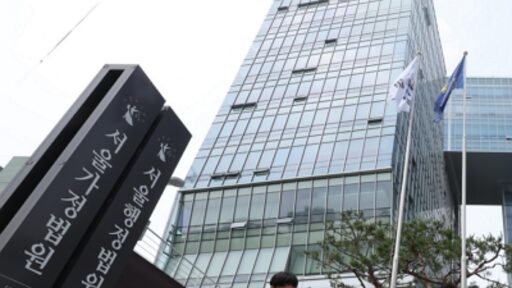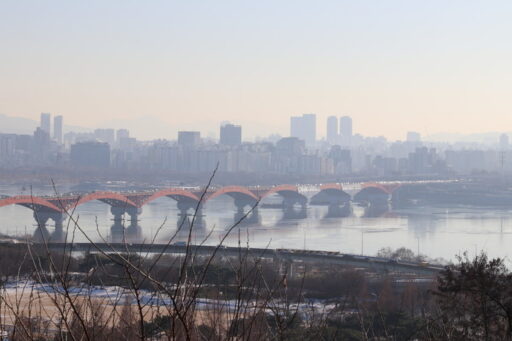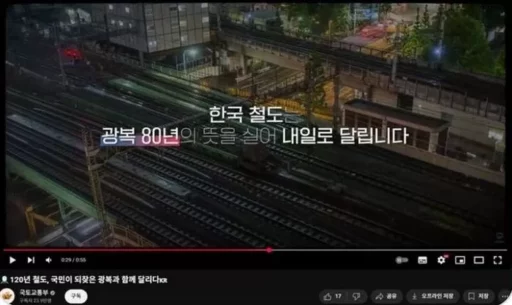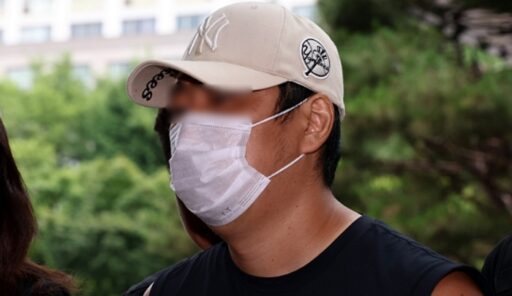Seoul Administrative Court's Secret Ruling on Han River Channel: "Even if Released to North Korea, It Is Justifiable to Keep Secret from the Public"
The Seoul Administrative Court has ruled that the decision to refuse the disclosure of information related to the Han River estuary channel is legal.
The court concluded that even if the information had been conveyed to North Korea, it is classified as a level 3 secret related to national security and cannot be made public to ordinary citizens.

According to the legal community on the 18th, the Administrative Division 14 of the Seoul Administrative Court (Chief Judge Lee Sang-deok) ruled against the plaintiff in a lawsuit filed by attorney Koo Ju and his law firm, Bitween, against the Director of the National Maritime Research Institute, seeking the cancellation of the refusal to disclose information.
In the judgment, the court stated, "The information in question pertains to national security, defense, unification, and diplomatic relations, and its disclosure could significantly harm the substantial interests of the state, qualifying it as non-public information."
This lawsuit began when the plaintiff requested the disclosure of all materials related to the Han River estuary channel from the National Maritime Research Institute and received a decision of non-disclosure. The channel map in question was produced through a joint investigation between South and North Korea in accordance with the military agreement for the implementation of the Panmunjom Declaration, dated September 19, 2018. The investigation commenced around November 5, 2018, and concluded around January 25, 2019, with the information being conveyed to North Korea on January 30, 2019.
A Balance Between National Security and Information Disclosure: "Disclosure to North Korea is on a Different Level from Disclosure to the Public"
The plaintiff argued, "Since the South Korean government delivered this channel map to North Korea during the military working-level talks held at Panmunjom on January 30, 2019, it no longer holds the value of a state secret. It is unjust for the state to disclose information to North Korea while withholding it from the public." They further added, "As the Han River estuary topography changes frequently over time, there is no concern that disclosing the information would harm the substantial interests of the state."

However, the court did not accept these arguments.
Acknowledging that the National Maritime Research Institute designated the channel map as a level 3 secret after undergoing deliberation and resolution by the Security Review Committee on September 3, 2020, the court determined, "If the Han River channel map were publicly disclosed, it could provoke or exacerbate tensions in inter-Korean relations and be exploited in a manner detrimental to national interests."
The court emphasized that "the South Korean government's decision to transmit the channel map, created from the results of the joint channel investigation, to North Korea considering the overall national interest, including the advancement of inter-Korean relations, cannot be seen as equivalent to the decision not to disclose the level 3 secret map to the general public." Hence, it dismissed the claim, stating that the National Maritime Research Institute's refusal to disclose information does not infringe upon the plaintiff's right to know.
Meanwhile, attorney Koo Ju, the plaintiff, was involved in defending Pastor Jeong Kwang-hoon in a public election law violation case in October 2024. He ran as a presidential candidate for the Liberty Unification Party in the 2025 presidential election but later withdrew after endorsing Kim Moon-soo, the presidential candidate of the People Power Party.
Image source: News1, Photo=Insight


